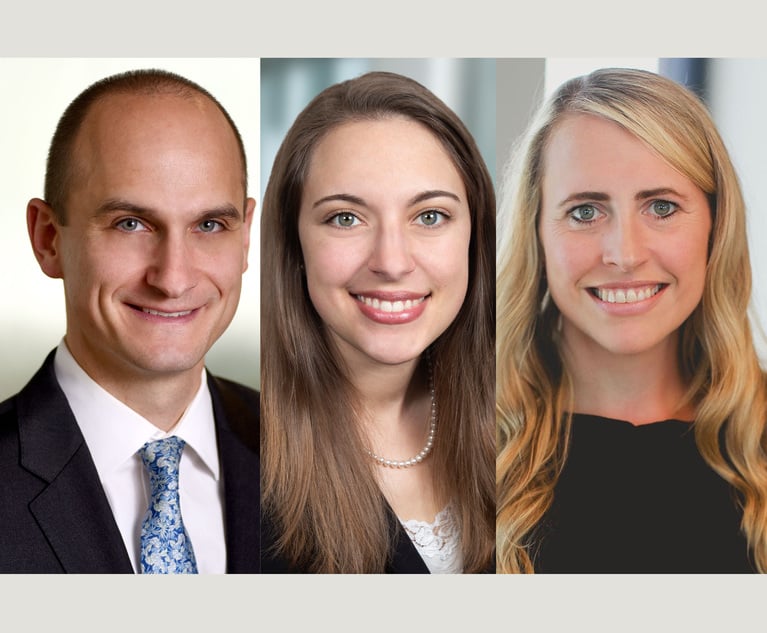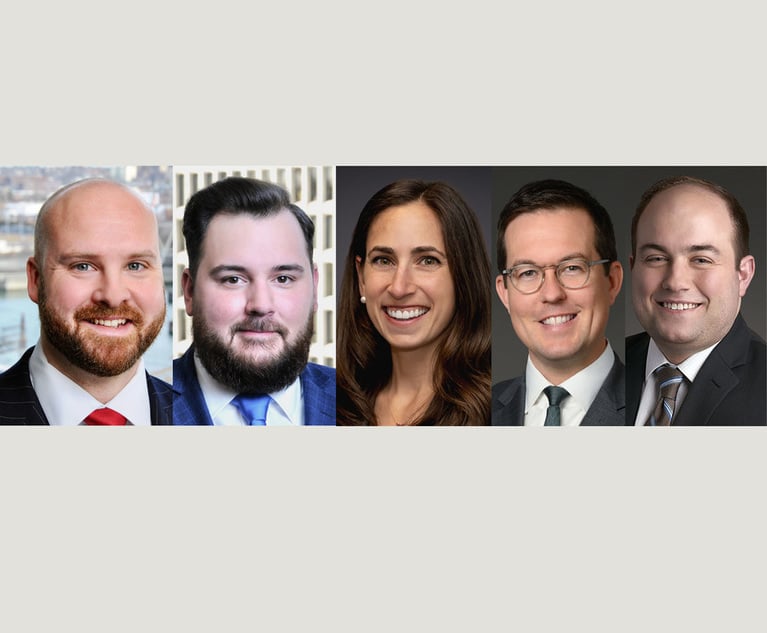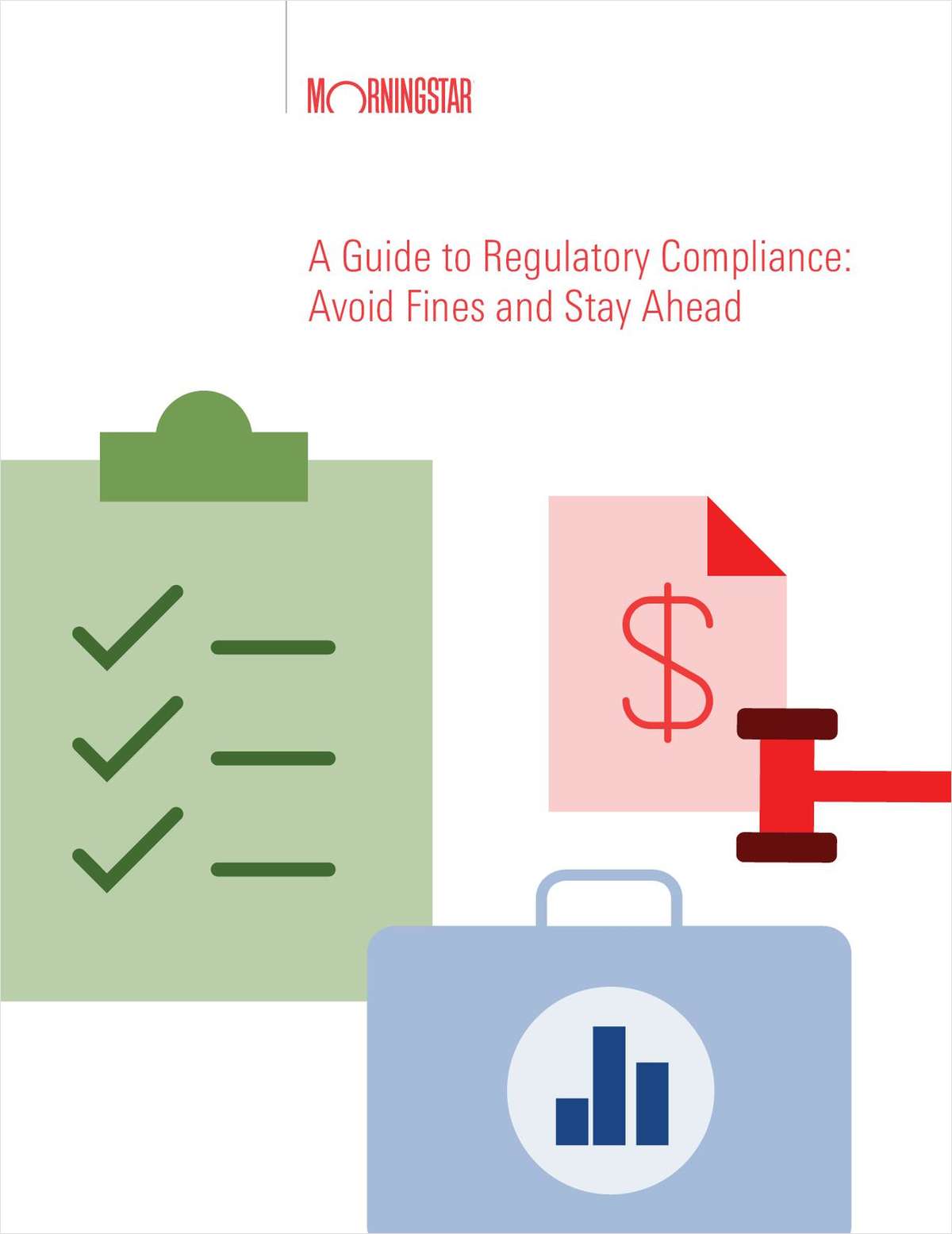 Yellow taxi cab and blurred city lights. Photo by Don Pablo/Shutterstock.com.
Yellow taxi cab and blurred city lights. Photo by Don Pablo/Shutterstock.com.Supreme Court Overturns Liability Ruling in Stolen Cab That Hit Pedestrian
“Causation, while a simple everyday word, is by no means a simple concept, in law or elsewhere, and its application to various questions of legal liability and damages has vexed our profession for at least the past one hundred years,” Justice Steven Ecker said in a special concurrence.
August 09, 2019 at 05:22 PM
4 minute read
The Connecticut Supreme Court reversed the Appellate Court Wednesday, finding Norwalk Yellow Cab can be held liable for a stolen taxi hitting a pedestrian.
At issue was whether the cab company should have been allowed to claim a defense from a third party’s “reckless superseding conduct.”
The case involves a cab driver who left his taxi unguarded on a high-crime street with the keys in the ignition. Two teenagers stole the taxi and took it on a joyride. When they crashed into the back of another car, they tried to escape by driving on the sidewalk. That’s when they hit and seriously injured Brenda Snell.
The taxi company claimed in its defense that while the cab being stolen may have been foreseeable, no one could have been expected to know it would be driven on a sidewalk, striking a pedestrian. The cab company won at trial and at the Connecticut Appellate Court. But Snell won Wednesday at the high court.
Justices Richard Palmer, Gregory D’Auria, Raheem Mullins, Maria Kahn and Steven Ecker agreed on the unsigned opinion. “The plaintiff is entitled to a new trial because the interrogatory responses on which the jury verdict was based are inconsistent as a matter of law,” they said.
Ecker wrote a separate concurrence.
“I agree with the majority’s well reasoned opinion and the result it reaches,” Ecker said. “First, and most significantly, I am troubled by the unnecessary and unfortunate prolixity of our superseding cause doctrine, or what remains of it. I understand that the majority is unable completely to escape the gravitational pull of existing doctrine, because the court’s ability to chart a new course, even with respect to the common law, is constrained by the arguments raised by the parties, who themselves are constrained by the perceived limitations imposed by our own precedent. In my view, the majority opinion nonetheless makes progress, incomplete but not insignificant, toward a more sensible and simplified doctrine.”
Ecker said his second reason for writing separately was that he disagreed with two points in the majority opinion, but they were minor and related to the “confusion generated by the superseding cause doctrine.”
“Causation, while a simple everyday word, is by no means a simple concept, in law or elsewhere, and its application to various questions of legal liability and damages has vexed our profession for at least the past one hundred years,” Ecker said. “That vexation is reflected in an unruly doctrine.”
Still, Ecker sounded hopeful.
“I believe that the majority has laid the groundwork to assist in the reconstruction of a simplified and more coherent doctrine,” he said.
And he blamed the confusing law, tort reform and apportionment, not Connecticut Superior Court Judge Kenneth Povodator, for any mistakes.
“The record demonstrates that the trial court did its best under difficult conditions to fashion a coherent jury instruction and useful jury interrogatories from the assorted pieces of the doctrinal jigsaw puzzle remaining in disarray on the table since tort reform was enacted,” Ecker said.
In the end, the Supreme Court reversed Povodator and ruled he gave the jury flawed instructions about the reckless superseding conduct defense.
Yellow Cab was represented by Laura Pascale Zaino and Kevin M. Roche of Halloran Sage in Hartford. They could not be reached immediately through calls and emails.
Snell was represented by Adam Blank of Wofsey, Rosen, Kweskin & Kuriansky in Stamford.
“We are thrilled to get an opportunity to get back in front of a jury and tell Brenda’s story,” Blank said Friday. “This decision reaffirms that which we all know, if you leave your keys in the ignition in a high-crime area, you take some of the responsibility for its theft and any injuries that result from the theft.”
Blank added, “If only the taxi driver would have turned his cab off and removed the keys, Brenda would not have needed countless surgeries and incurred millions of dollars in medical expenses.”
The case is Snell v. Norwalk Yellow Cab, No. SC 19929.
This content has been archived. It is available through our partners, LexisNexis® and Bloomberg Law.
To view this content, please continue to their sites.
Not a Lexis Subscriber?
Subscribe Now
Not a Bloomberg Law Subscriber?
Subscribe Now
NOT FOR REPRINT
© 2025 ALM Global, LLC, All Rights Reserved. Request academic re-use from www.copyright.com. All other uses, submit a request to [email protected]. For more information visit Asset & Logo Licensing.
You Might Like
View All
New Partners at Cummings & Lockwood, Carmody Torrance Sandak & Hennessey
2 minute read

DOJ, 10 State AGs File Amended Antitrust Complaint Against RealPage and Big Landlords
4 minute readTrending Stories
- 1Big Company Insiders See Technology-Related Disputes Teed Up for 2025
- 2Attorney Fee Reimbursement for Non-Party Subpoena Recipients under CPLR 3122(d)
- 3‘Second’ Time’s a Charm? The Second Circuit Reaffirms the Contours of the Special Interest Beneficiary Standing Rule
- 4Lobbying-Focused Brownstein Hyatt Opens 13th Office in Tampa
- 5Amid Race for Top Talent, Latham Focuses on Lateral Integration
Who Got The Work
Michael G. Bongiorno, Andrew Scott Dulberg and Elizabeth E. Driscoll from Wilmer Cutler Pickering Hale and Dorr have stepped in to represent Symbotic Inc., an A.I.-enabled technology platform that focuses on increasing supply chain efficiency, and other defendants in a pending shareholder derivative lawsuit. The case, filed Oct. 2 in Massachusetts District Court by the Brown Law Firm on behalf of Stephen Austen, accuses certain officers and directors of misleading investors in regard to Symbotic's potential for margin growth by failing to disclose that the company was not equipped to timely deploy its systems or manage expenses through project delays. The case, assigned to U.S. District Judge Nathaniel M. Gorton, is 1:24-cv-12522, Austen v. Cohen et al.
Who Got The Work
Edmund Polubinski and Marie Killmond of Davis Polk & Wardwell have entered appearances for data platform software development company MongoDB and other defendants in a pending shareholder derivative lawsuit. The action, filed Oct. 7 in New York Southern District Court by the Brown Law Firm, accuses the company's directors and/or officers of falsely expressing confidence in the company’s restructuring of its sales incentive plan and downplaying the severity of decreases in its upfront commitments. The case is 1:24-cv-07594, Roy v. Ittycheria et al.
Who Got The Work
Amy O. Bruchs and Kurt F. Ellison of Michael Best & Friedrich have entered appearances for Epic Systems Corp. in a pending employment discrimination lawsuit. The suit was filed Sept. 7 in Wisconsin Western District Court by Levine Eisberner LLC and Siri & Glimstad on behalf of a project manager who claims that he was wrongfully terminated after applying for a religious exemption to the defendant's COVID-19 vaccine mandate. The case, assigned to U.S. Magistrate Judge Anita Marie Boor, is 3:24-cv-00630, Secker, Nathan v. Epic Systems Corporation.
Who Got The Work
David X. Sullivan, Thomas J. Finn and Gregory A. Hall from McCarter & English have entered appearances for Sunrun Installation Services in a pending civil rights lawsuit. The complaint was filed Sept. 4 in Connecticut District Court by attorney Robert M. Berke on behalf of former employee George Edward Steins, who was arrested and charged with employing an unregistered home improvement salesperson. The complaint alleges that had Sunrun informed the Connecticut Department of Consumer Protection that the plaintiff's employment had ended in 2017 and that he no longer held Sunrun's home improvement contractor license, he would not have been hit with charges, which were dismissed in May 2024. The case, assigned to U.S. District Judge Jeffrey A. Meyer, is 3:24-cv-01423, Steins v. Sunrun, Inc. et al.
Who Got The Work
Greenberg Traurig shareholder Joshua L. Raskin has entered an appearance for boohoo.com UK Ltd. in a pending patent infringement lawsuit. The suit, filed Sept. 3 in Texas Eastern District Court by Rozier Hardt McDonough on behalf of Alto Dynamics, asserts five patents related to an online shopping platform. The case, assigned to U.S. District Judge Rodney Gilstrap, is 2:24-cv-00719, Alto Dynamics, LLC v. boohoo.com UK Limited.
Featured Firms
Law Offices of Gary Martin Hays & Associates, P.C.
(470) 294-1674
Law Offices of Mark E. Salomone
(857) 444-6468
Smith & Hassler
(713) 739-1250











